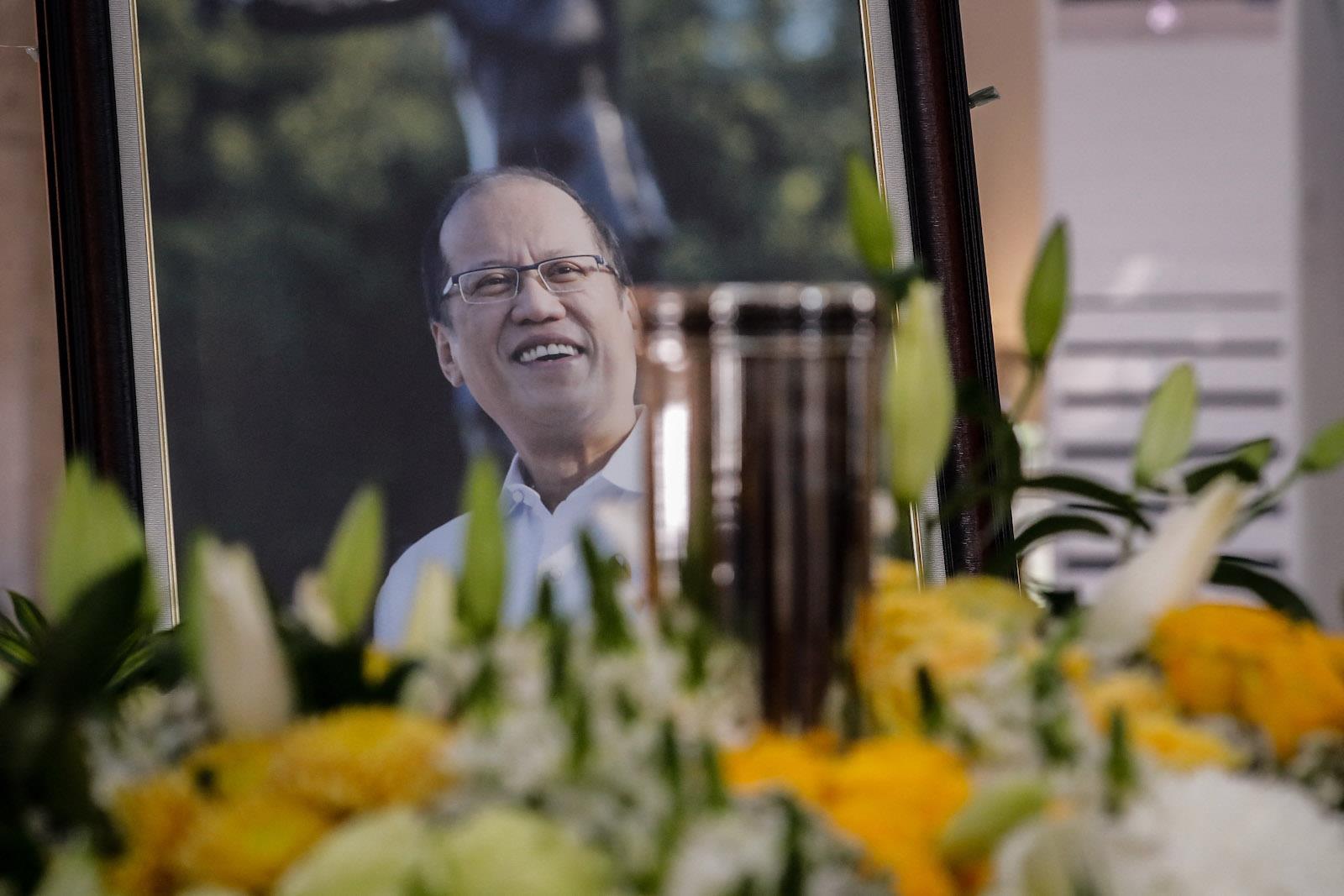(MENAFN- Asia Times) I''d never seen a leatherette wheelie filing cabinet until the night Philippine President Benigno Aquino spoke at Columbia University's World Leaders Forum. Come to think of it, I''ve never seen another one since.
Rather than the big, agitated crowd or the gaudy slogans unfurled on the front row, it's Aquino's portable filing cabinet that has come to represent the strange events of September 23, 2014, in my mind.
During the annual September UN General Assembly, when heads of state and government beat a path to New York, a few, hand-picked world leaders make side-trips from the United Nations complex to Morningside Heights.
The setting for their speeches is the magnificent Low Library, the domed structure at the heart of the Columbia campus. I was delighted to be asked to moderate Aquino's talk; I''m still not entirely sure why the privilege fell to me.
Nothing about that evening went according to plan. Snarled up in the legendary UNGA traffic (every New Yorker is wary of taking a cab when the General Assembly is in session), Aquino and his sizeable entourage showed up horribly late, and I was unable to greet him before I mounted the podium.
Barely had the President begun his speech than chants erupted from leftist protestors, mainly Filipino diaspora members from Queens, who had smuggled large banners into the hall. My heart was sinking – but Columbia University prides itself on being a bastion of free speech, and the show had to go on. Both protestors and the president had their say.

A protester lets her voice be heard at Aquino's speech at Columbia University. Picture: Aaron Romero / Supplied
Benigno ''Noynoy'' Aquino III, who died on Thursday aged 61, was in many ways an accidental president: he won election in 2010 following a wave of popular sympathy after the death of his mother, former president Corazon Aquino.
His father Benigno ''Ninoy'' Aquino Jr had been a prominent opponent of Ferdinand Marcos, shot dead in 1983 while stepping off a plane at the Manila airport that now bears his name.
The Aquinos symbolized opposition to Marcos and to dictatorial rule. But they also represented immense wealth, dynastic privilege – and latterly, a rather ineffectual, paternalistic discourse of reformism.
The economy boomed during Aquino's six-year term, but he was given little credit for his accomplishments. Part of the problem lay in Noynoy's personality, or lack of it. He was an introvert, devoid of charisma, and temperamentally unsuited to the public side of political life.
Funnily enough, what saved the night at Columbia was precisely Aquino's completely implacable demeanor. Rather than cutting short his remarks or skipping the questions, he seemed, if anything, to draw energy from the cacophony of dissent.
Questioner after questioner stood up to challenge him. After lengthy replies, he kept asking his interlocutors whether they were satisfied with his answers. On several occasions, he signaled to a uniformed staffer standing directly behind the podium, who oversaw the wheeling filing cabinet.
The staffer would pull out a relevant document, from which Aquino would recite statistics and place names.
This performance gave the term ''cabinet official'' a whole new meaning for me. The Low Library auditorium was swirling with emotion, but the Philippine President stuck doggedly to his facts. It was with some difficulty that we induced him eventually to leave the stage.
Shortly afterward, I found myself having a curious private conversation with Noynoy in the green room. Most of the presidential entourage had already decamped, but his security detail was waiting for the crowds to disperse. He was pacing the room, with only the leather filing cabinet and its attendant for company.

Former Philippine president Benigno Aquino during a public viewing at the Church of Gesu, Ateneo de Manila University in Manila on June 25, 2021. Photo: AFP / Mark Cristino / Pool / AFP
He told me in quite animated tones about some of his policy initiatives and plans for the future. Oddly, he made not the slightest reference to the speech he had just given, to the protestors, or to Columbia, the UN or New York. We could have been anywhere. He didn''t ask me a single question.
Our conversation ended quite abruptly, and Noynoy Aquino was escorted out to his limousine. Later on, I was given a jeepney-shaped serviette holder by the Philippine Consulate as a token of appreciation.
But my biggest regret is that I never got a picture of the wheelie filing cabinet, as a souvenir of a Philippine president who loved facts. I rather doubt that his successor, Rodrigo Duterte, has any use for it. It surely belongs on display at Malacañang.
Duncan McCargo is director of the Nordic Institute of Asian Studies and professor of political science at the University of Copenhagen. He previously taught political science at Columbia University in the City of New York.
MENAFN25062021000159011032ID1102343004
Legal Disclaimer:
MENAFN provides the information “as is” without warranty of any kind. We do not accept any responsibility or liability for the accuracy, content, images, videos, licenses, completeness, legality, or reliability of the information contained in this article. If you have any complaints or copyright issues related to this article, kindly contact the provider above.